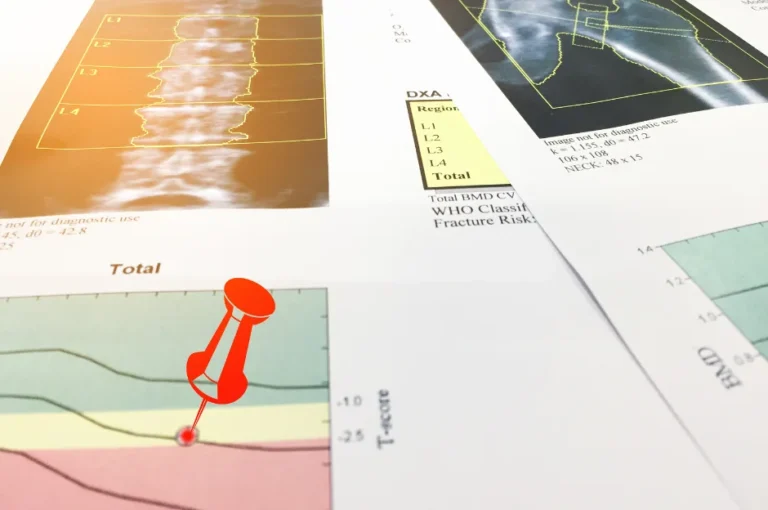In today’s fast-paced world, stress has become a common part of daily life, impacting not just our mental well-being but also our physical health. Chronic stress can contribute to a range of conditions, from digestive issues and cardiovascular problems to chronic pain and weakened immune function. At Highlands Chiropractic & Wellness, we understand that addressing stress is key to achieving holistic health. By incorporating stress management techniques and mindfulness practices, you can improve your overall well-being and create a more balanced, fulfilling life.
The Impact of Stress on Physical Health
Stress triggers a cascade of physiological responses in the body, including the release of stress hormones like cortisol and adrenaline. While these responses are designed to help us cope with immediate threats, chronic stress can have detrimental effects on our health. Common stress-related conditions include:
- Digestive Disorders: Stress can exacerbate conditions like irritable bowel syndrome (IBS) and acid reflux by altering gut motility and increasing stomach acid production.
- Cardiovascular Issues: Prolonged stress can lead to high blood pressure, increased risk of heart disease, and other cardiovascular problems.
- Chronic Pain: Stress often contributes to muscle tension and exacerbates conditions like chronic back pain, headaches, and fibromyalgia.
- Weakened Immune Function: Chronic stress can impair the immune system, making you more susceptible to infections and illnesses.
Holistic Stress Management Techniques
1. Mindfulness and Meditation
Mindfulness and meditation are powerful tools for managing stress and promoting overall well-being. These practices involve focusing your attention on the present moment and cultivating a sense of calm and relaxation. Regular mindfulness and meditation can help reduce stress hormones, improve emotional regulation, and enhance your ability to cope with life’s challenges. Techniques such as deep breathing exercises, guided imagery, and body scans are effective ways to integrate mindfulness into your daily routine. With years of experience in coaching athletes, I’ve seen firsthand how these practices enhance performance and resilience.
2. Exercise and Physical Activity
Physical activity is not only beneficial for physical health but also plays a crucial role in stress management. Exercise releases endorphins—natural mood lifters that help reduce stress and improve mental clarity. Activities like walking, yoga, and strength training can help relieve muscle tension, enhance mood, and promote better sleep. Incorporating regular exercise into your routine can provide both immediate and long-term stress relief. My holistic approach to wellness emphasizes personalized exercise plans to optimize performance and overall health.
3. Balanced Nutrition
A well-balanced diet supports overall health and can help manage stress more effectively. Foods rich in vitamins, minerals, and antioxidants can improve your body’s response to stress and support brain health. Consider incorporating nutrient-dense foods such as leafy greens, berries, nuts, and fatty fish into your meals. Reducing your intake of caffeine, sugar, and processed foods can also help stabilize your mood and energy levels. Through my work with athletes, I’ve developed specialized nutritional strategies to enhance both physical performance and stress resilience.
4. Quality Sleep
Sleep is essential for managing stress and maintaining overall health. Chronic stress can disrupt sleep patterns, leading to further stress and health issues. Establishing a consistent sleep routine, creating a restful environment, and practicing relaxation techniques before bed can improve sleep quality and help your body recover from stress. I’ve guided many individuals in creating effective sleep strategies that contribute to their overall wellness and performance.
5. Integrative Therapies
Incorporating holistic therapies such as chiropractic care, massage therapy, and acupuncture can complement stress management efforts. These therapies can help release muscle tension, improve circulation, and promote relaxation. At Highlands Chiropractic & Wellness, we offer a range of integrative therapies designed to support stress relief and overall wellness. Dr. Kristin’s expertise in these areas, combined with a comprehensive approach, ensures that each patient receives personalized care tailored to their needs.
Building Resilience Through Holistic Wellness
Addressing stress involves more than just managing symptoms—it requires a comprehensive approach to wellness. By integrating mindfulness practices, physical activity, balanced nutrition, quality sleep, and integrative therapies, you can build resilience and foster a healthier, more balanced life. At Highlands Chiropractic & Wellness, we are dedicated to supporting you on your journey to holistic well-being, drawing from my extensive experience in coaching athletes and individuals alike.






